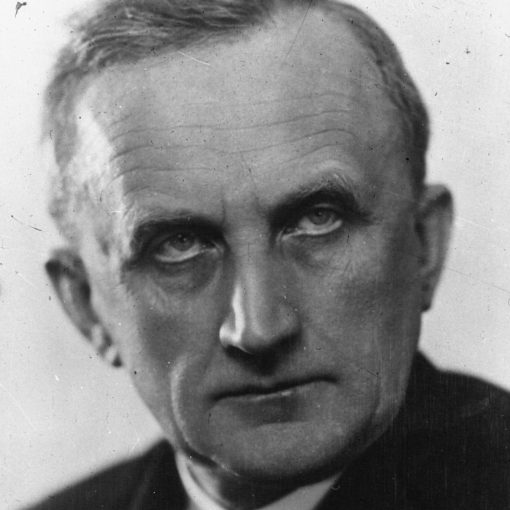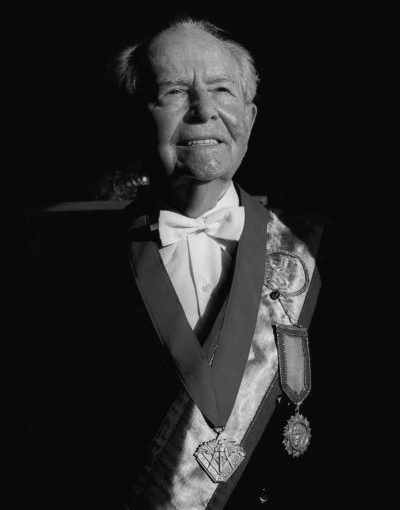
At the beginning of 1938 all Masonic lodges in our country worked normally without any sings of that tragic September. The Munich Agreement and its consequences had an extremely painful impact on Freemasons. The situation was even more cruel for our Národ Lodge. Many Brethren highly contributed to the creation of our independent state, thus they identified themselves with Czechoslovakia and had a deep emotional relationship with this country. The founding of the Národ Lodge was strongly influenced by national and political aspects. The Lodge went dormant for the first time for political reasons – Freemasonry is suppressed in totalitarian regimes. Therefore, the Grand Lodge of Czechoslovakia fell officially silent during the Protectorate. Masons became the symbol of hostility to the Protectorate and the Reich, the Nazi administration was making lists of both Czech and German Masons.
Most of the Brethren from the Národ Lodge formed a resistance group called Národ which supported mainly the Czechoslovak pilots fleeing to the Western Front and consequently took care of their families.
After the official ban, the Scouts founded The Intelligence Brigade (Zpravodajská brigáda), an anti-German intelligence organisation operating in Prague and its surroundings. Josef Hlavatý and Jan Lorenz were the most engaged members from the Národ Lodge.
The non-communist resistance tried to perform under The Preparatory Revolutionary National Committee (Přípravný revoluční národní výbor). Brethren Jaroslav Kvapil, František Richter, Emil Lány or Kamil Krofta engaged in it significantly.
The activities of Brother General Alois Eliáš are especially noteworthy. This soldier and politician became a part of a resistance group The Nation Defence (Obrana Národa) after the Nazi occupation of Czechoslovakia. This group was betrayed, General Eliáš imprisoned and on September 27, 1941 sentenced to death. He was executed on July 19, 1942 after the assassination of Reinhard Heydrich.
Jiří Syllaba was imprisoned for his membership in a Masonic Lodge. He described his days in Terezín concentration camp in his book “The Doctor’s Memories and Reflections” (Vzpomínky a úvahy lékaře), published in 1992. In this book, he is citing the members of the resistance group Národ who were imprisoned with him. Jiří Syllaba was registered in Terezín as a prisoner-doctor who could provide the first aid, but only to people with physical injuries. He could not be regarded as a fully qualified doctor. Before the end of the war he saved many of his inmates’ lives, he managed to deal with a widespread epidemic of spotted fever without any medical equipment which is nowadays wildly available.
10 Brethren from the Národ Lodge were executed or tortured to death, other 23 were imprisoned.


